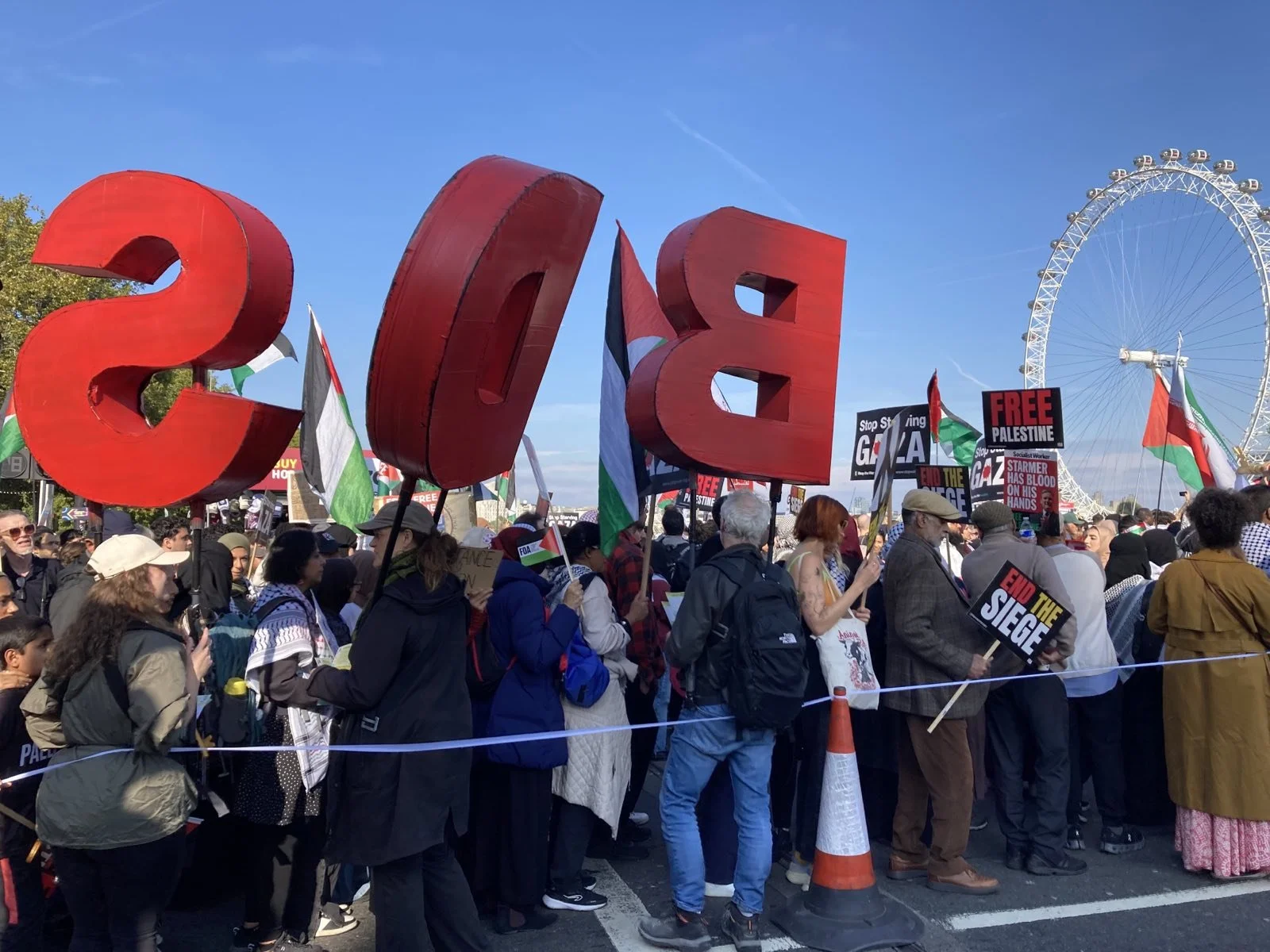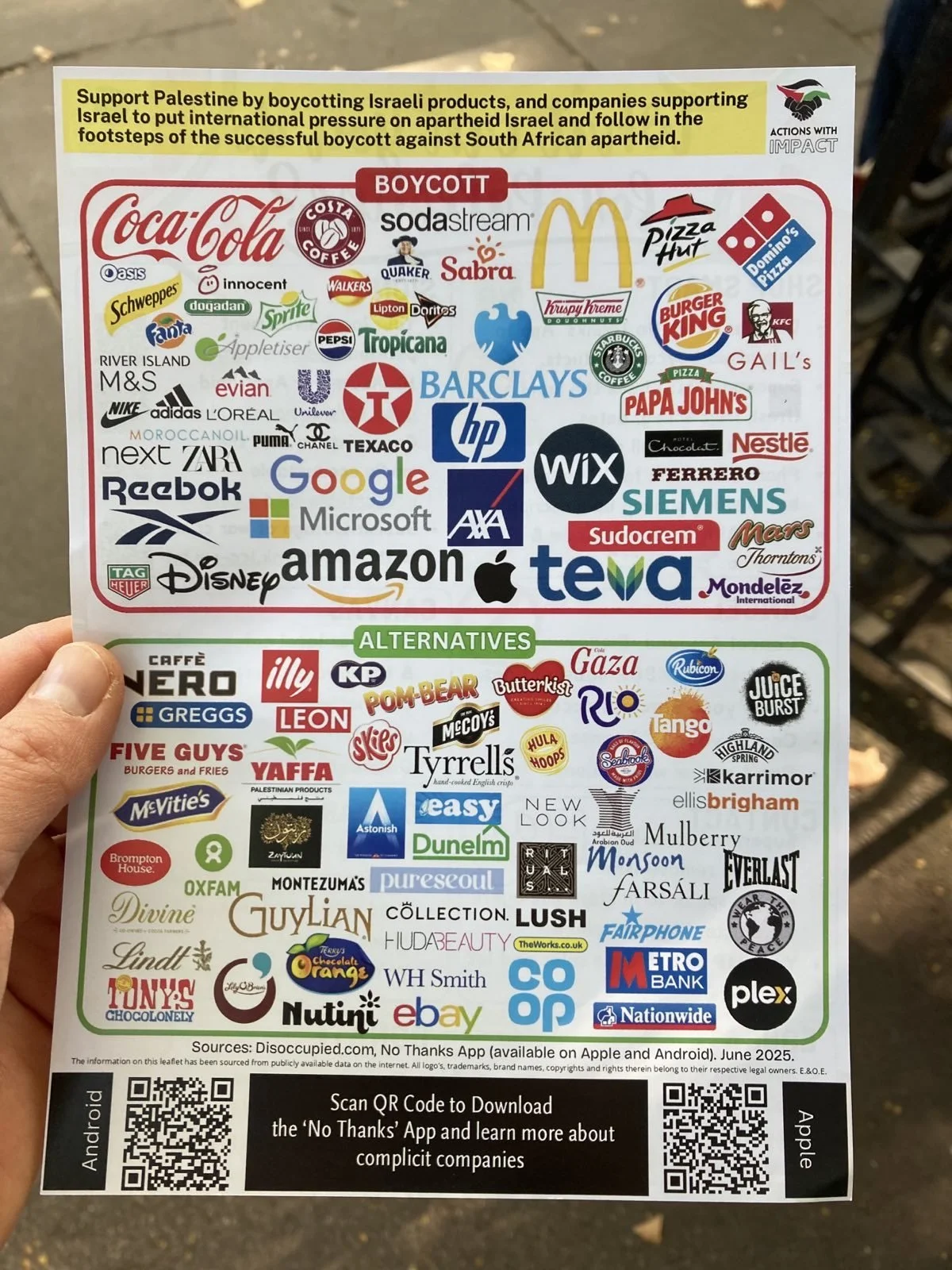Resisting the culture of wilful forgetting
The absence of bombing isn’t peace.
The shaky ceasefire in Gaza that was announced on 10 October is desperately needed, but it doesn’t represent the end of suffering, or justice, or healing, or repair. We are so far from any of those things. But a story is already being written about the benevolent leaders of the west who have come in to ‘solve’ the issue out of the goodness of their hearts as if they had nothing to do with the gruesome scenes that have unfolded over the past two years.
This is as much about political and material commitments as it is about a cultural shift.
We must resist the framing of Trump as a peacemaker in the Middle East and the countries that have actively funded Israel’s genocide as the ‘humanitarian’ supporters who will help rebuild Gaza.
We must reject the culture of wilful forgetting, erasure and rewriting that seeks to evade accountability. It is as old as imperialism itself and the foundation on which philanthropy was built.
In this story, the very people, corporations and political leaders responsible for destroying the earth, societies, cultures, democracies, languages, identities, lineages present themselves as the benevolent rescuers, often doing both at the same time (for more see Winners Take All by Anand Giridharadas).
You cannot destroy a person and then rescue them while presenting yourself as ‘neutral’, ‘innocent’ or ‘unbiased’. bell hooks taught us many moons ago that love and abuse cannot coexist (see All About Love by bell hooks). This kind of gaslighting happens in very intimate relationships, and it can also happen at a collective level.
This culture of wilful forgetting is happening when politicians call the history of migration in the UK an ‘open borders experiment’ without acknowledging that a) the borders were never ‘open’, b) this country was built on the labour of people in former colonies such as the Caribbean and India, and c) as one of the world’s biggest colonisers, the UK played a key role in creating the unliveable conditions from which many migrants and refugees are fleeing from today.
It's happening when public health officials tell us covid-19 is no longer a threat, that we should allow it to circulate freely and repeatedly, including among children, and ‘go back to normal’ even though we know this virus attacks the brain, immune system, blood vessels and other organs and there has been a sharp increase in long-term disability since 2019.
And it’s happening when those who have funded the murder of tens, if not hundreds of thousands of Palestinians are nominating themselves for the Nobel Peace Price.
Photo of protesters on a bridge against a clear blue sky with parts of the London eye visible in the background. People are wearing keffiyehs and carrying Palestinian flags, signs that read ‘end the siege’ and the giant red letters ‘BDS’.
This is a very old story. As Haidar Eid puts it, the oppression and genocide of Palestinians is “what Europeans had already done in Africa, the Americas, Australia, New Zealand and parts of Asia”. It distorts our sense of reality and our understanding of history.
But we don’t have to repeat it.
Trust what you have seen and what you know about who did what. If you can, write it down. As Omar El Akkad predicted, ”one day, everyone will always have been against this”. Don’t let them erase their complicity, and don’t let your mind be colonised by selective narratives of ‘peace’.
Keep asking questions, read the news with a critical mind and don’t stop talking about Palestine. This is the time to demand the end of occupation, accountability for the war criminals and their accomplices and full freedom, self-determination and the right to return for the Palestinian people.
We have more power than we think, particularly as citizens of the west.
We can put pressure on our leaders, and we can put our money where our mouth is. The Boycott Divestment and Sanctions (BDS) movement has had some huge gains in exposing the companies that have benefitted from this genocide. Here is a handy list of brands to avoid and alternatives to use instead. If you want to do something but don’t’ know where to begin, this is a great place to start.
Photo of a flyer by Actions with Impact in two sections listing brands to boycott and brands to use as alternatives

